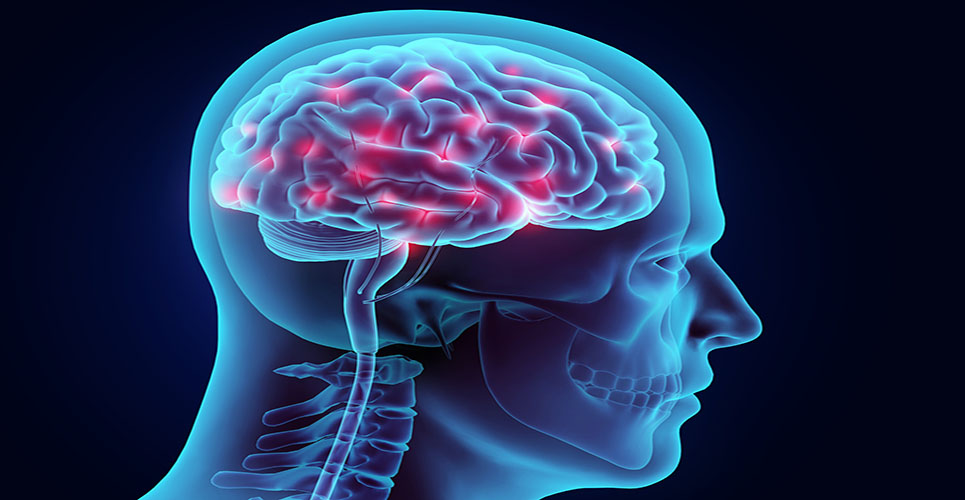teaser
New research suggests that people who take cholesterol-lowering drugs after they have had a stroke are at greater risk of having a brain haemorrhage.
According to a study published in the online issue of Neurology, taking statins to lower cholesterol led to an increased threat of bleeding in the brain, known as haemorrhagic stroke, in those who have already suffered a stroke.
But the authors said that the risk needs to be balanced against the much larger overall benefit of statins in reducing the total risk of a second stroke and other cardiovascular events.
Some 4,700 people who have recently had a stroke or mini-stroke were given either atorvastatin or a placebo in the study.
Overall, the treatment was associated with a 16% drop in total stroke and significant reductions in coronary heart events. There was also a 21% reduction in ischemic stroke, a more common type of stroke involving a block in the blood supply to the brain.
But of those on atorvastatin, 2.3% experienced a haemorrhagic stroke during the study compared with 1.4% of those taking the placebo.
Dr Larry Goldstein, fellow of the American Academy of Neurology and author of the study, said: “Although treatment of patients with a stroke or transient ischemic attack was clearly associated with an overall reduction in a second stroke, haemorrhagic stroke was more frequent in people treated
with atorvastatin.”
Copyright © PA Business 2008

